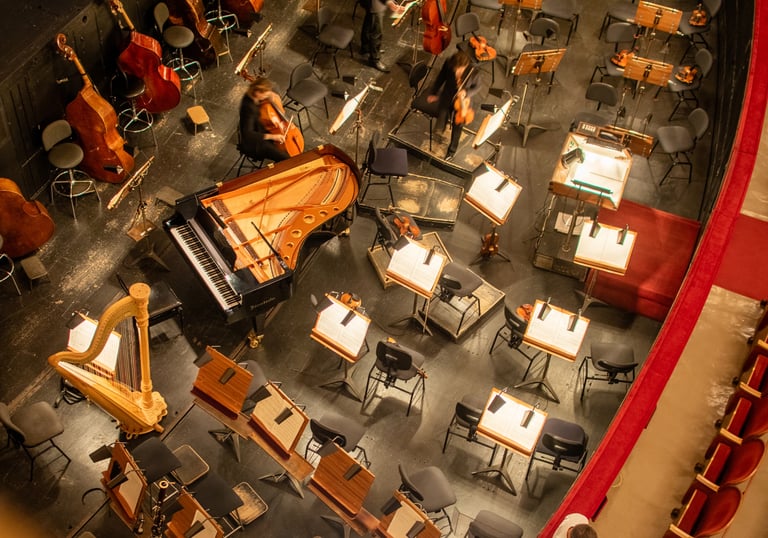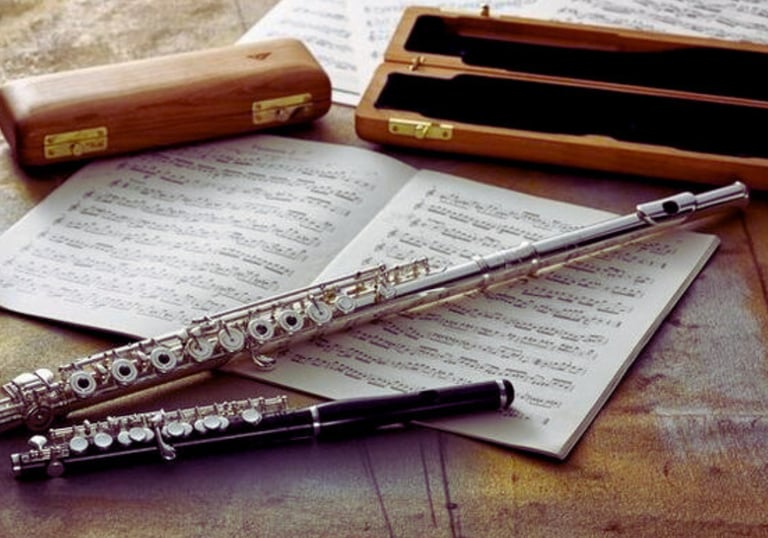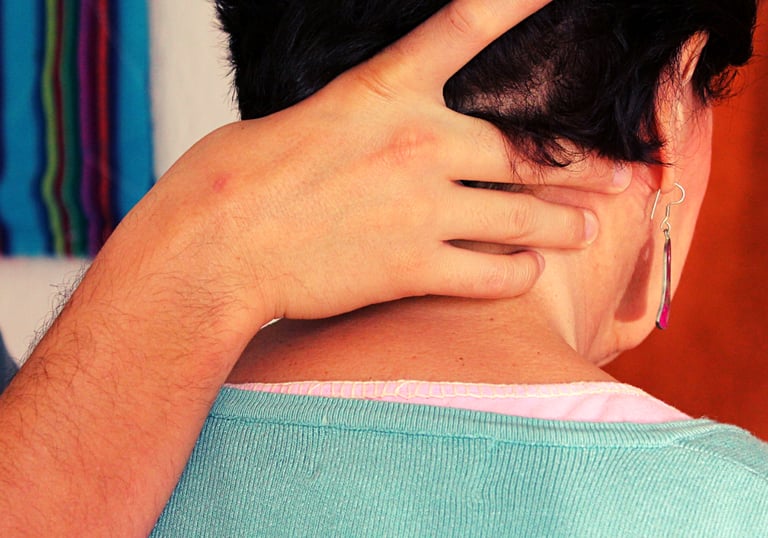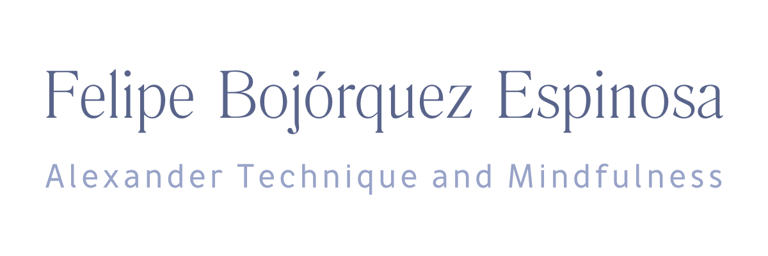The education of how we perceive the world
NEUROSCIENCE AND ANATOMYEDUCATION
Felipe Bojórquez Espinosa
The role of the senses in human perception and knowledge
Since the senses activate our intelligence and orient us in the world, a selected set of senses will privilege a certain way of paying attention. As a child learns the “cultural model” of the senses in their society, they are also learning how to perceive themselves, others, and the world around them — as well as how to assign value to everything. At the same time, they are also learning what not to perceive. In short, by teaching children a specific set of senses, a culture teaches them a certain way of being.
The almost exclusive emphasis our culture and education place on external sensory information — what comes from the world around us — gives high value to so-called intellectual knowledge or intellect, but very little to the knowledge we could call embodied or somatic knowledge. We don’t even have proper language to name this inner realm of bodily knowledge, except through confusing neuroscientific terms.
We also fail to understand that the external world can be experienced more intimately, within ourselves. Our modern neuroscience has been shaped to support a bias already expressed by Plato, who praised “the man who pursues truth by applying his thought to the pure and unchanging object, separating himself as much as possible from his eyes and ears and virtually everything else from his body.”
The impact of interoception on decision-making
There are many examples of how our body reacts — or how our subconscious reacts — before our conscious mind does. Musicians’ reactions depend on this. Researcher Bruce Coates explains: it takes 100 milliseconds for an image on the retina to register in the brain, 300–400 milliseconds for basic cognitive evaluation, and another 50 milliseconds for the motor command to reach the muscles. This means our fastest conscious reaction time is about half a second.
Yet musicians’ performance depends on reaction times much faster than half a second. These reactions don’t occur consciously, but instead arise from how our organism responds to stimuli.
Coates’ research, originally in the context of financial traders, led to an interesting question: if a trader’s body tracks investment risk more accurately than their conscious evaluation, then traders with greater bodily awareness should, in theory, make more money.
To test this, Coates recruited traders and designed a simple benchmark to measure their level of interoception: he tracked how accurately they could feel their own heartbeat throughout the day without checking their pulse. Some could not feel it at all and had to guess; others sensed it with remarkable clarity.
The study revealed two surprising results. First, traders with higher sensitivity to their internal bodily signals had earned significantly more money in the previous year. Second, the longer a trader had been working in the field, the greater their interoceptive ability.
Coates’ findings show that the whole organism provides a more reliable assessment of reality than reasoning alone. Pure reason, as praised by Plato, excludes bodily sensations. But what the body knows includes resonance with the Present, as well as experience, reasoning, memory, skills, and understanding.
Sensing reality
How long have we been underestimating our senses? Going back to early Greek philosophy around 500 BCE, we find Parmenides — often considered one of the earliest ancestors of Western philosophy — warning us: “Do not trust your senses; they will deceive you! Only reason can lead you to truth.”
Now, 2,500 years later, Coates has demonstrated that even in highly abstract fields, what the senses tell us, especially interoceptive signals, can be more reliable than conscious reasoning.
This long-standing cultural bias has shaped an odd way of being, one that we accept as normal. We’ve nearly perfected the separation between thought and body, consciousness and being, self and world. By favoring what reasoning alone knows, we routinely distance ourselves from the deeper truth of our embodied experience.
Our culture typically subordinates the senses to serve the mind’s desire for objective knowledge about the external world (“That house is white”). This type of knowledge requires perception and classification, but not feeling. We don’t need to feel the whiteness of the house, for example. Objective knowledge is disembodied knowledge. In our pursuit of objectivity, the possibility of knowing something through feeling it has been pushed aside.
Yet we cannot move toward wholeness, embodied reality, and harmony without recovering what the body knows. We must awaken to the perceptions that, as Coates describes, resonate in “the cavern of the body.” Feeling these impressions of the world living within our flesh is the first step toward true harmony.
Imagine for a moment what it would mean not only to see with our eyes, but to feel the sights of the world in our body. Or not only to hear with our ears, but to sense sounds deep in the core of our being, adjusting subtly to the Present. When the body “knows the world” in this way, it is not relying on abstract language: its knowledge is non-verbal, direct, and unmediated. Its thinking is sensory.
We experience the body as a medium resonating not only with the surrounding world but also with every stream of thought, conscious and subconscious. As we refine our sensory awareness, we come to understand it as a language of thought distinct from how the mind processes knowledge. What the organism knows is based on a patient clarity that allows us to act from the wholeness of our being.
Related articles
Práctica Musical Consciente






Acompañamiento especializado para instrumentistas de alto rendimiento y estudiantes de música.
Clases para flautistas
Acompañamiento especializado para flautistas de alto rendimiento y estudiantes de flauta.
Clases presenciales de Técnia Alexander para todo público.
Clases de Técnica Alexander
Si te interesa transformar tu práctica musical utilizando herramientas relacionadas a la Técnica Alexander y el Mindfulness, te invito a conocer mis clases personalizadas. Estoy seguro de que mi trabajo puede ayudarte a desarrollar mayor fluidez, precisión y confianza en tu técnica y práctica musical cotidiana.
¡Escríbeme y comienza un camino hacia una mejor conexión contigo mismo y tu instrumento!
Well-balanced flutist
Alexander Technique and Mindfulness in everyday musical practice.
Specialized support for high-performance flutists and flute students.
© 2025. All rights reserved. Privacy policy.
Menu:
Lessons
About me
